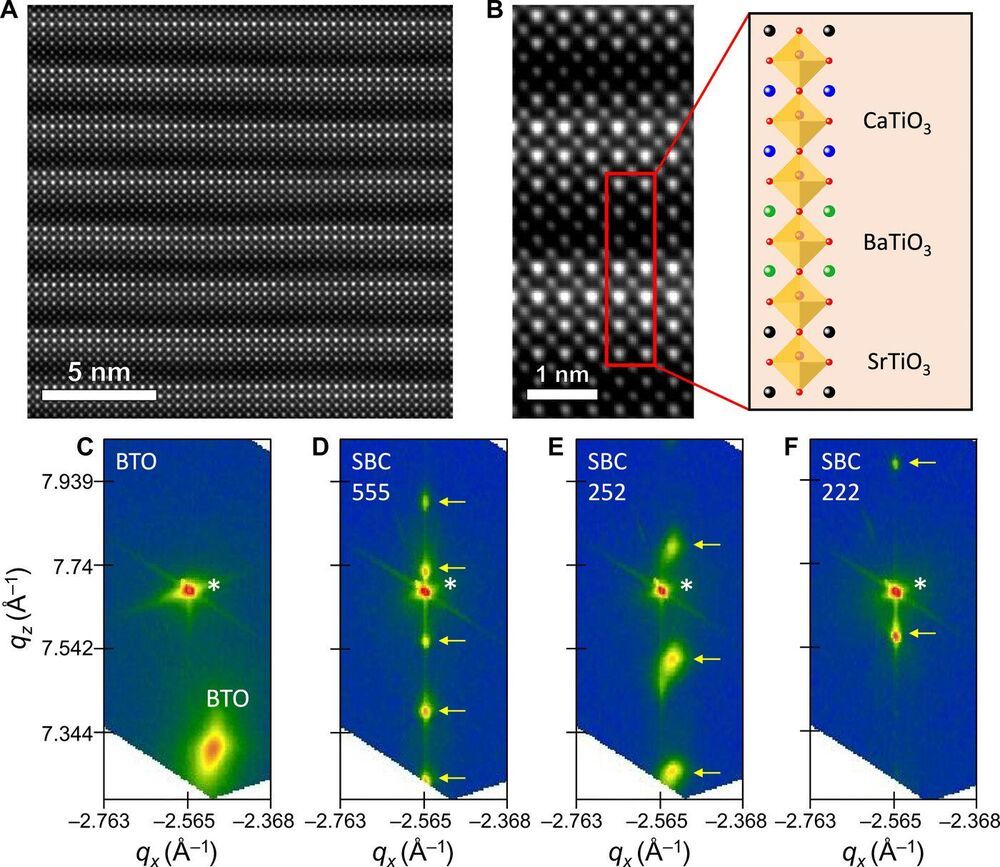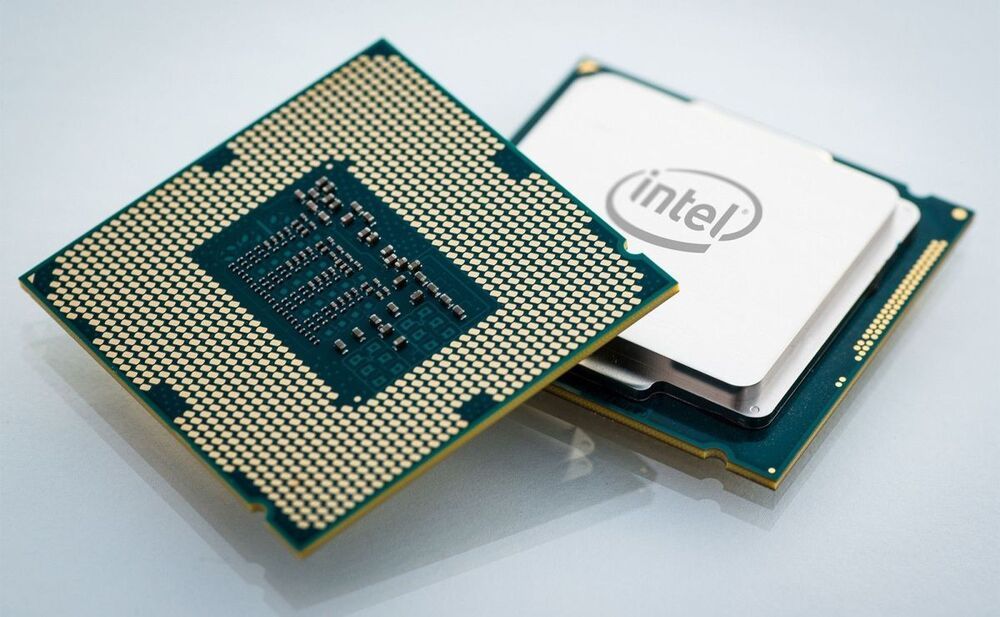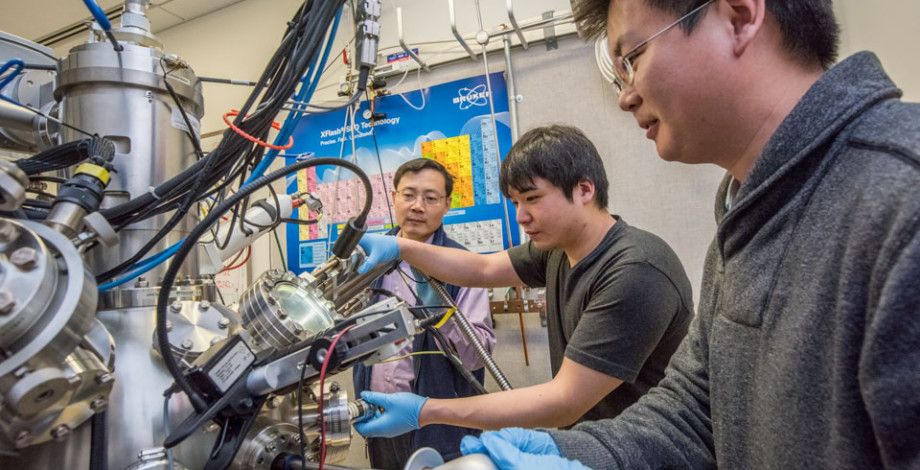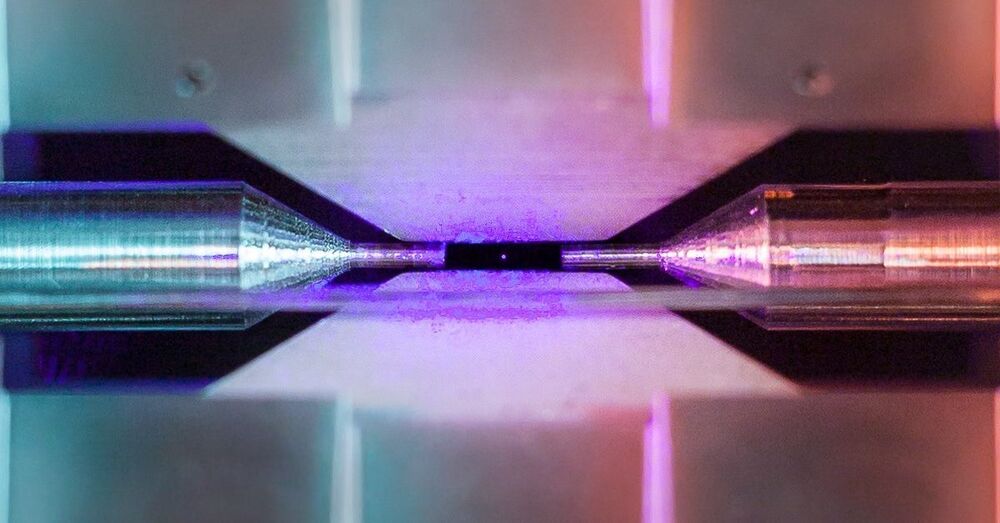The photovoltaic effect of ferroelectric crystals can be increased by a factor of 1000 if three different materials are arranged periodically in a lattice. This has been revealed in a study by researchers at Martin Luther University Halle-Wittenberg (MLU). They achieved this by creating crystalline layers of barium titanate, strontium titanate and calcium titanate which they alternately placed on top of one another. Their findings, which could significantly increase the efficiency of solar cells, were published in the journal Science Advances.
Most solar cells are currently silicon based; however, their efficiency is limited. This has prompted researchers to examine new materials, such as ferroelectrics like barium titanate, a mixed oxide made of barium and titanium. “Ferroelectric means that the material has spatially separated positive and negative charges,” explains physicist Dr Akash Bhatnagar from MLU’s Centre for Innovation Competence SiLi-nano. “The charge separation leads to an asymmetric structure that enables electricity to be generated from light.” Unlike silicon, ferroelectric crystals do not require a so-called pn junction to create the photovoltaic effect, in other words, no positively and negatively doped layers. This makes it much easier to produce the solar panels.
However, pure barium titanate does not absorb much sunlight and consequently generates a comparatively low photocurrent. The latest research has shown that combining extremely thin layers of different materials significantly increases the solar energy yield. “The important thing here is that a ferroelectric material is alternated with a paraelectric material. Although the latter does not have separated charges, it can become ferroelectric under certain conditions, for example at low temperatures or when its chemical structure is slightly modified,” explains Bhatnagar.









